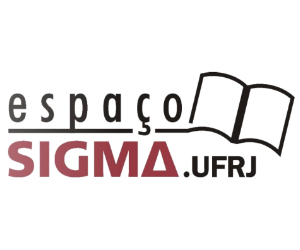Location
Largo de São Francisco 1
sala 205 – Centro
Rio de Janeiro/RJ – Brasil
CEP: 20051-070
Opening hours:
Tuesdays, 10am – 5pm
Wednesdays, 10am – 2pm
Thursdays, 1pm – 5pm
Fridays, 10am – 5pm
Wednesdays, 10am – 2pm
Thursdays, 1pm – 5pm
Fridays, 10am – 5pm








